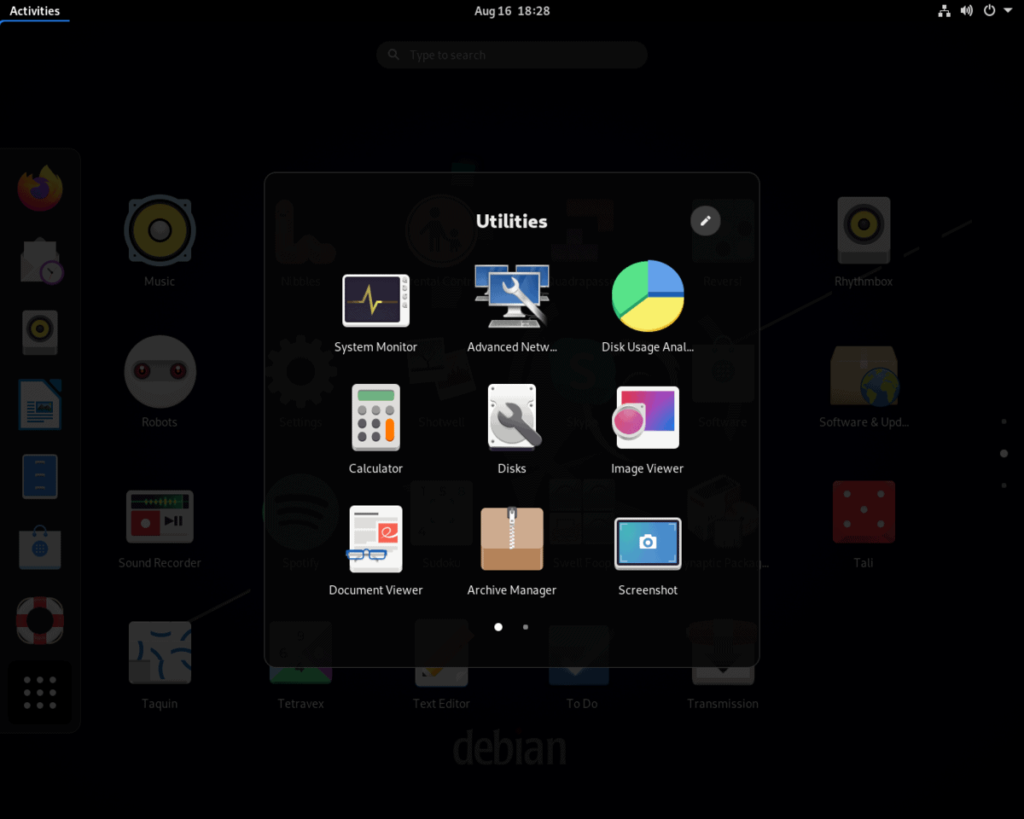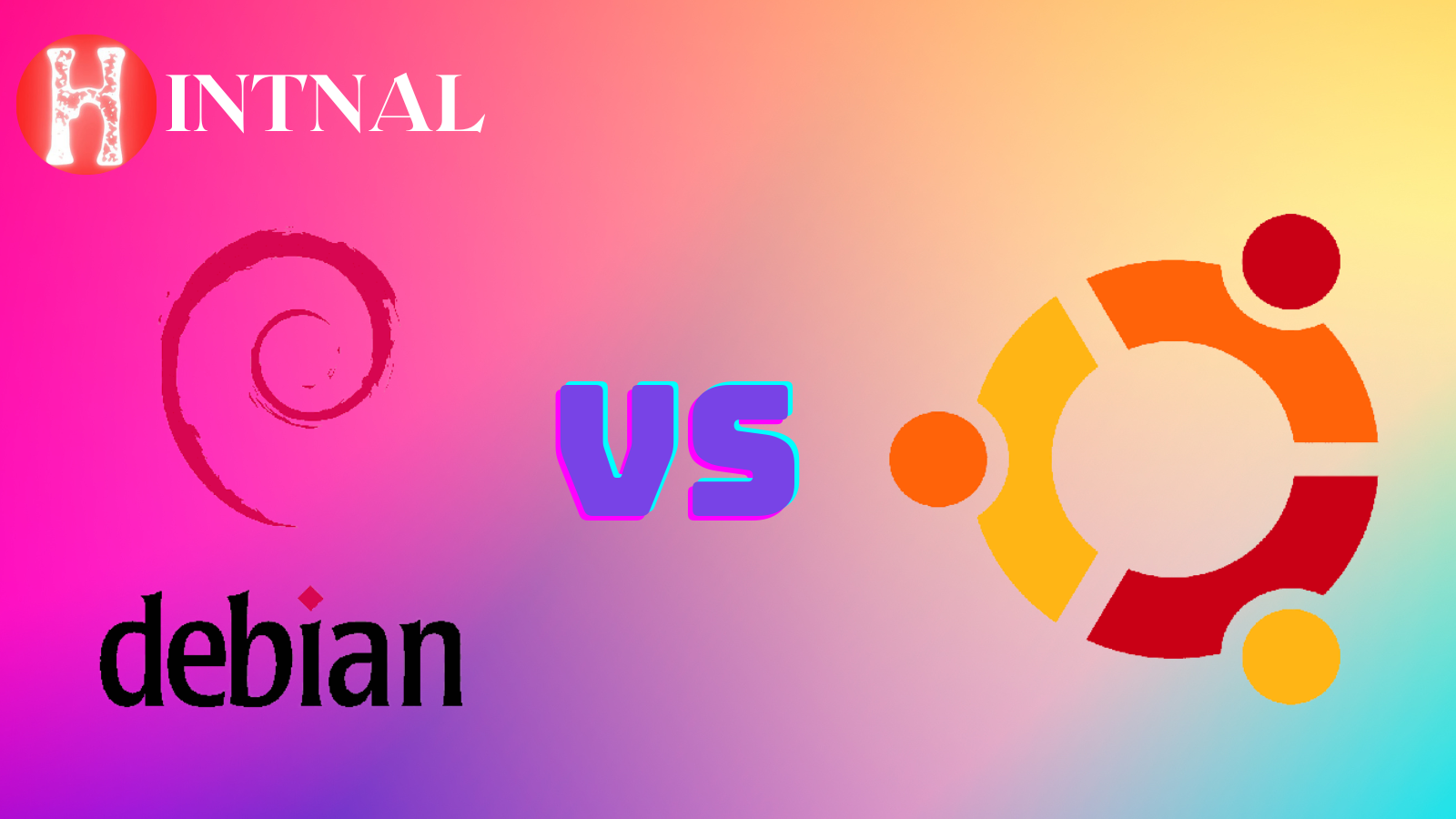Ubuntu and Debian are two popular Linux distributions that share many similarities but also have some key differences. In this article, we compare Ubuntu and Debian on various aspects such as release cycle, software availability, stability, security, and more.
Linux is a versatile operating system that can run on various devices, from servers and desktops to smartphones and embedded systems. However, there is not one single version of Linux, but rather hundreds of different distributions that cater to different needs and preferences of users.
Two of the most widely used Linux distributions are Ubuntu and Debian. Ubuntu is based on Debian, which means that they share the same package management system and many software packages. However, Ubuntu also adds some features and changes of its own that make it different from Debian.
In this article, we will compare Ubuntu and Debian on various aspects such as release cycle, software availability, stability, security, and more. We will also help you decide which distribution is better suited for your needs, whether you are a server or a desktop user.
Release cycle
One of the main differences between Ubuntu and Debian is their release cycle. Ubuntu has two types of releases: LTS (long-term support) and regular. LTS releases come out every two years and are supported for five years. They are considered more stable and suitable for servers and enterprise users. Regular releases come out every six months and are supported for nine months. They have newer software versions and features but may also have more bugs and issues.
Debian has three different releases: stable, testing, and unstable. Stable releases are the main Debian releases that are thoroughly tested and reliable. They come out every two or three years and are supported for about five years. Testing releases are the next stable releases in development. They have newer software versions but may also have some bugs and problems. Unstable releases are for actual testing and experimentation. They are constantly updated with the latest software packages but are not recommended for regular use.
Software availability
Both Ubuntu and Debian have a large number of software packages available in their official repositories. However, Ubuntu also has some additional sources of software such as PPAs (personal package archives), snaps (universal Linux packages), and flatpaks (another universal Linux package format). These sources allow Ubuntu users to access more software options that may not be available in the official repositories.
Debian users can also access some of these sources by adding them to their software sources list. However, Debian is more strict about the licensing and quality of the software packages it includes in its official repositories. Debian tries to adhere to the free and open source software (FOSS) philosophy as much as possible, while Ubuntu is more flexible and pragmatic about including proprietary software.
Stability

Stability is one of the most important factors to consider when choosing a Linux distribution, especially for servers and critical systems. Debian is known for its stability and reliability. Debian stable releases are extensively tested and verified before they are released to the public. Debian users can expect a smooth and consistent performance from their system.

Ubuntu is also stable but not as much as Debian. Ubuntu LTS releases are more stable than regular releases but they may still have some minor bugs or issues. Ubuntu users may also encounter some compatibility or dependency problems when using software from PPAs or snaps.
Security
Security is another crucial factor to consider when choosing a Linux distribution. Both Ubuntu and Debian are secure by default but they also have different approaches to security updates and patches. Ubuntu provides regular security updates for all its supported releases through its own security team. Ubuntu users can easily install these updates through the Software Updater tool or the command line.
Debian also provides security updates for its stable releases through its own security team. However, Debian users may have to wait longer for these updates to be available or manually install them from the testing or unstable repositories. Debian users can also use tools like apt-listbugs or apt-listchanges to check for any potential bugs or changes in the packages they install.
User-friendliness
User-friendliness is another aspect that distinguishes Ubuntu from Debian. Ubuntu is designed to be user-friendly and accessible to a broader audience. It has a graphical installer that guides users through the installation process. It also has a modern and intuitive desktop environment (GNOME by default) that provides a pleasant user experience. It also has some pre-installed applications that cover most common tasks such as web browsing, email, office suite, media player, etc.
Debian is not as user-friendly as Ubuntu but it is not too difficult either. It has a text-based installer that requires some basic knowledge of partitioning and networking. It also lets users choose their preferred desktop environment and applications from a large repository of free software. Debian is more customizable and flexible than Ubuntu but it may require more manual configuration and troubleshooting.
Community support
Another aspect that may influence your choice between Ubuntu and Debian is the community support. Both distributions have active and helpful communities that can provide assistance, guidance, and resources for users. However, there are some differences in the size, focus, and culture of these communities.
Debian has a larger user base than Ubuntu, making it easier for users to find help online or in forums. Debian is also a true community project, run and maintained by volunteers who make all the major decisions and do all the development work. The Debian community is strongly focused on technology and technical topics, as well as on the FOSS philosophy.
Ubuntu has a smaller but more diverse user base than Debian, attracting users from different backgrounds and skill levels. Ubuntu is backed by Canonical, a company that plays a major role in the development and direction of the distribution. The Ubuntu community is more geared towards those new to the world of computers, as well as on convenience and usability.
Conclusion
Ubuntu and Debian are two of the most popular and influential Linux distributions in the world. They share many similarities but also have some key differences that may affect your decision on which one to use. In summary:
– Ubuntu has a faster and more predictable release cycle than Debian, but Debian has more stable and reliable releases.
– Ubuntu has more software options and sources than Debian, but Debian has more strict criteria for software inclusion and licensing.
– Ubuntu is more user-friendly and accessible than Debian, but Debian is more customizable and flexible.
– Ubuntu provides regular security updates for all its supported releases, but Debian may take longer to provide security updates or require manual intervention.
– Debian has a larger and more technical community than Ubuntu, but Ubuntu has a more diverse and beginner-friendly community.
Ultimately, the choice between Ubuntu and Debian depends on your needs, preferences, and goals. If you want a stable and reliable system that gives you full control and customization, you may prefer Debian. If you want a modern and convenient system that gives you access to the latest software and features, you may prefer Ubuntu.
We hope this article has helped you understand the differences between Ubuntu and Debian and make an informed decision. If you have any questions or feedback, please feel free to leave a comment below. Thank you for reading!
Source:
UbuntuPit: Deciding Between Debian vs Ubuntu: What You Should Know.
How-To Geek: Debian vs. Ubuntu Linux: Which Distro Should You Choose?
It’s FOSS: Debian vs Ubuntu: What’s the Difference? Which One Should You Use?
Study Tonight: Ubuntu vs Debian: Comparison Between Ubuntu and Debian.
Hectic Geek: Debian vs Ubuntu in 2023- Which Linux OS is Right for You?
Linux Config: Debian vs Ubuntu – Which is better? Compare the differences
Linux Stans: Debian vs Ubuntu: A Detailed Comparison
I/O Flood: Debian vs Ubuntu: A Comprehensive Comparison for Server and Desktop Users
SEE ALSO: OnePlus Nord CE 3 Lite 5G

